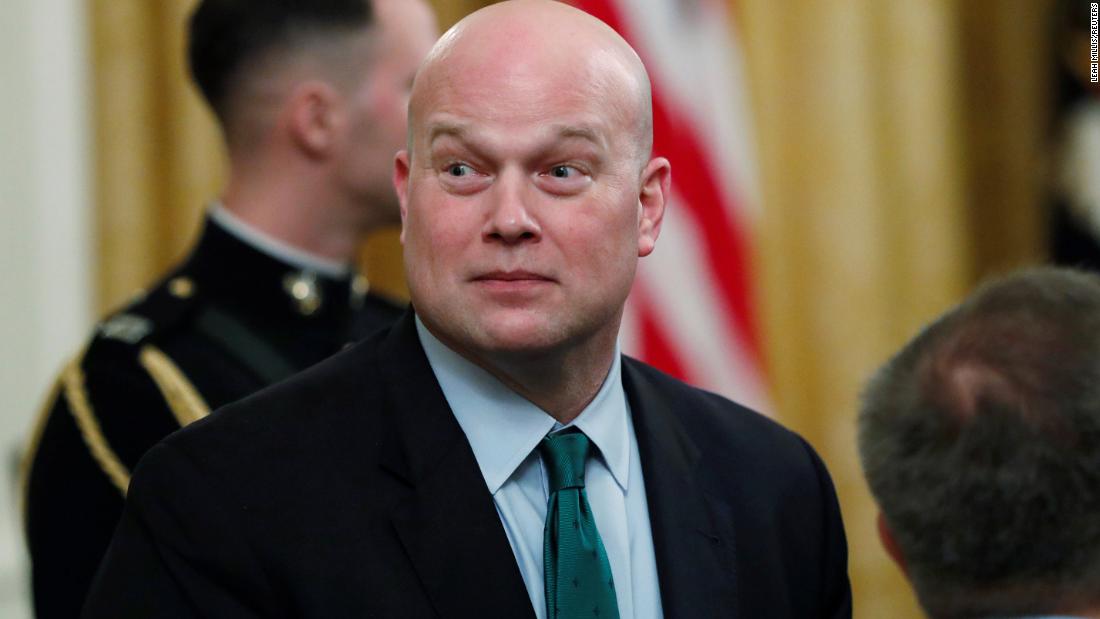
The issue arose last year in the context of a case challenging a federal firearms statute. In a highly unusual move, lawyer Tom Goldstein asked the court to declare Deputy Attorney General Rod Rosenstein as the acting attorney general, instead of Whitaker. He was appointed to the post by President Donald Trump in November following the departure of former Attorney General Jeff Sessions.
Goldstein's motion was filed in connection the gun rights case Barry Michaels v. Whitaker, which was automatically renamed from Michaels v. Sessions following Whitaker's appointment.
Since the attorney general is charged with enforcing all federal law, including the statutes in this gun rights case, the motion argues that the identity of the attorney general is imperative, and the rightful acting attorney general is Rosenstein.
The motion urged the Supreme Court to immediately declare the proper acting attorney general since there "is a significant national interest in avoiding the prospect that every district and immigration judge in the nation could, in relatively short order, be presented with the controversy over which person to substitute as Acting Attorney General."
And petitioners even left room for the Supreme Court to affirm Whitaker's appointment saying, "Even if this Court now determines that the President in fact validly appointed Mr. Whitaker as Acting Attorney General, that ruling would equally benefit the administration of justice by removing the cloud of uncertainty over the appointment and by resolving the burgeoning number of challenges to it."
"We do want Rosenstein named Acting Attorney General," Goldstein said. "But we say to the court, even if we're wrong, it sure would be better for everybody to know the answer to that because this has turned into a mess."
Rosenstein announced last week that he plans to leave the Justice Department shortly after William Barr, Trump's nominee for attorney general, is confirmed, according to a source familiar with his thinking.
The motion contended that Whitaker's appointment violated federal law and the Constitution. It argued that the Constitution's Appointments Clause mandates that all principal officers, including the attorney general, must be Senate confirmed, and that the Trump administration should have followed the Attorney General Succession Act when naming Sessions' replacement. The AG Succession Act provides that in the case of the vacancy of the office of attorney general, the deputy attorney general would exercise all duties of the office. The Trump administration has maintained that Whitaker's appointment is valid under the Federal Vacancies Reform Act.
Other challenges to Whitaker's appointment are pending in lower courts, including a lawsuit brought by three Democratic senators who are challenging Trump's appointment of Whitaker in the US District Court for the District of Columbia.
No comments:
Post a Comment